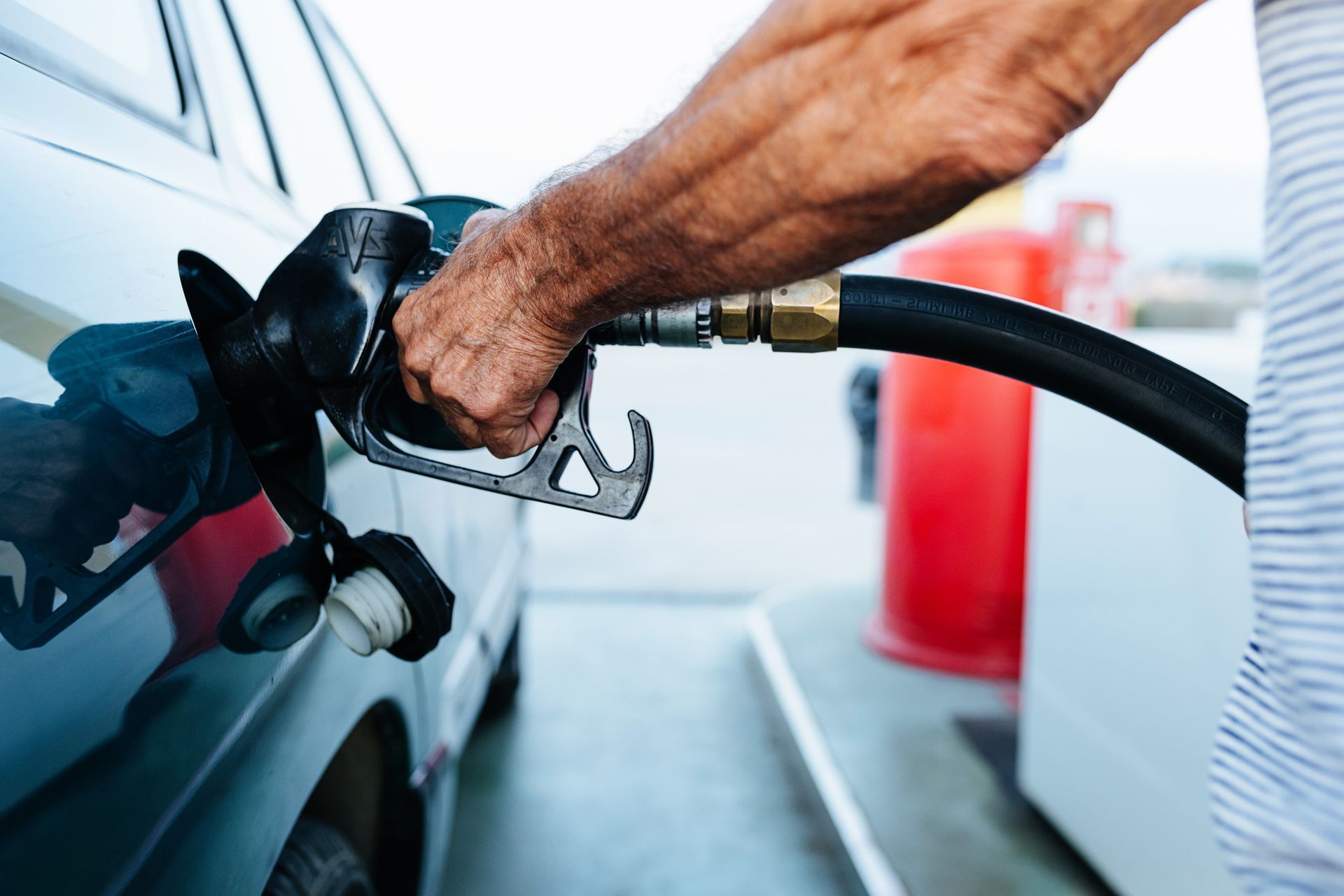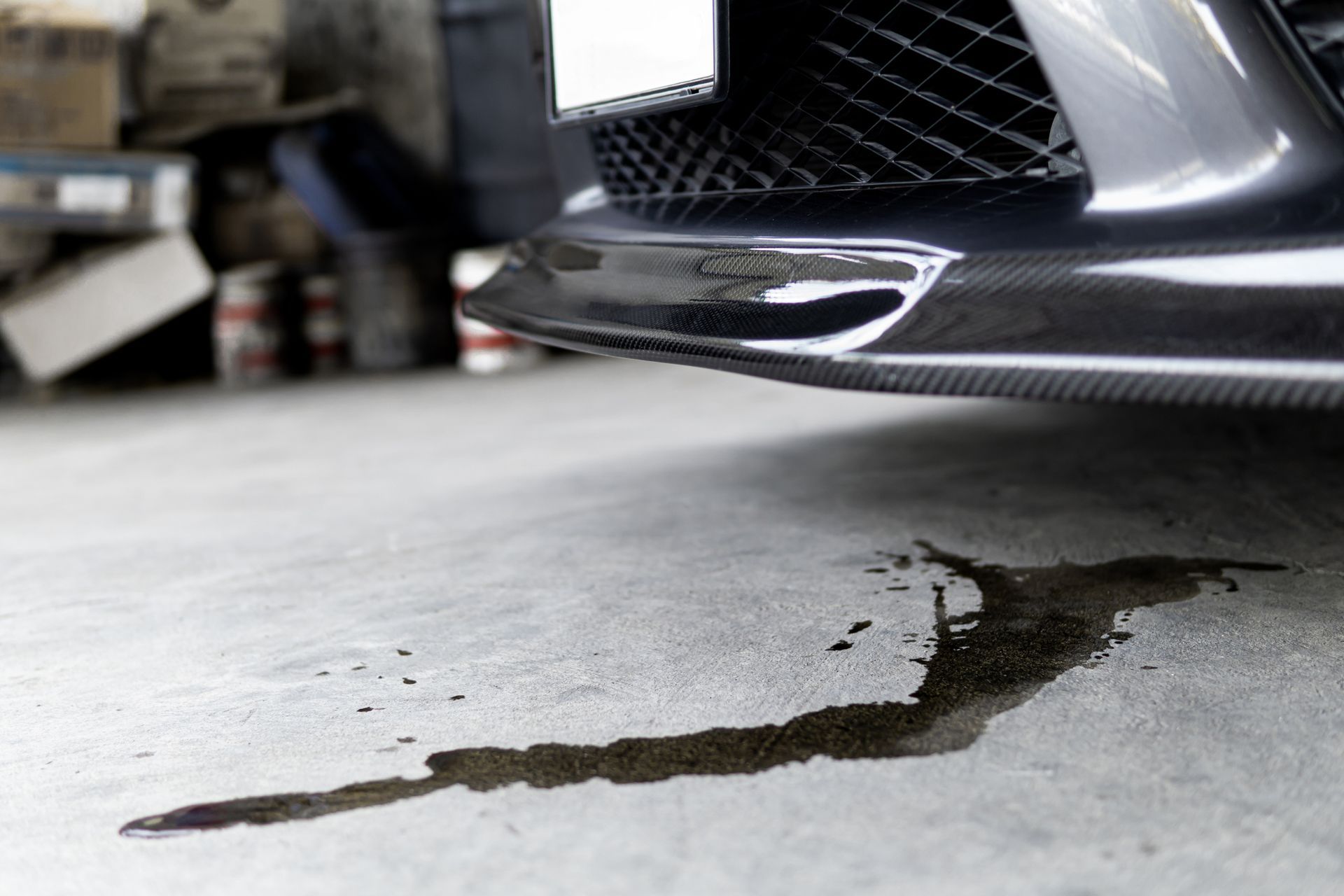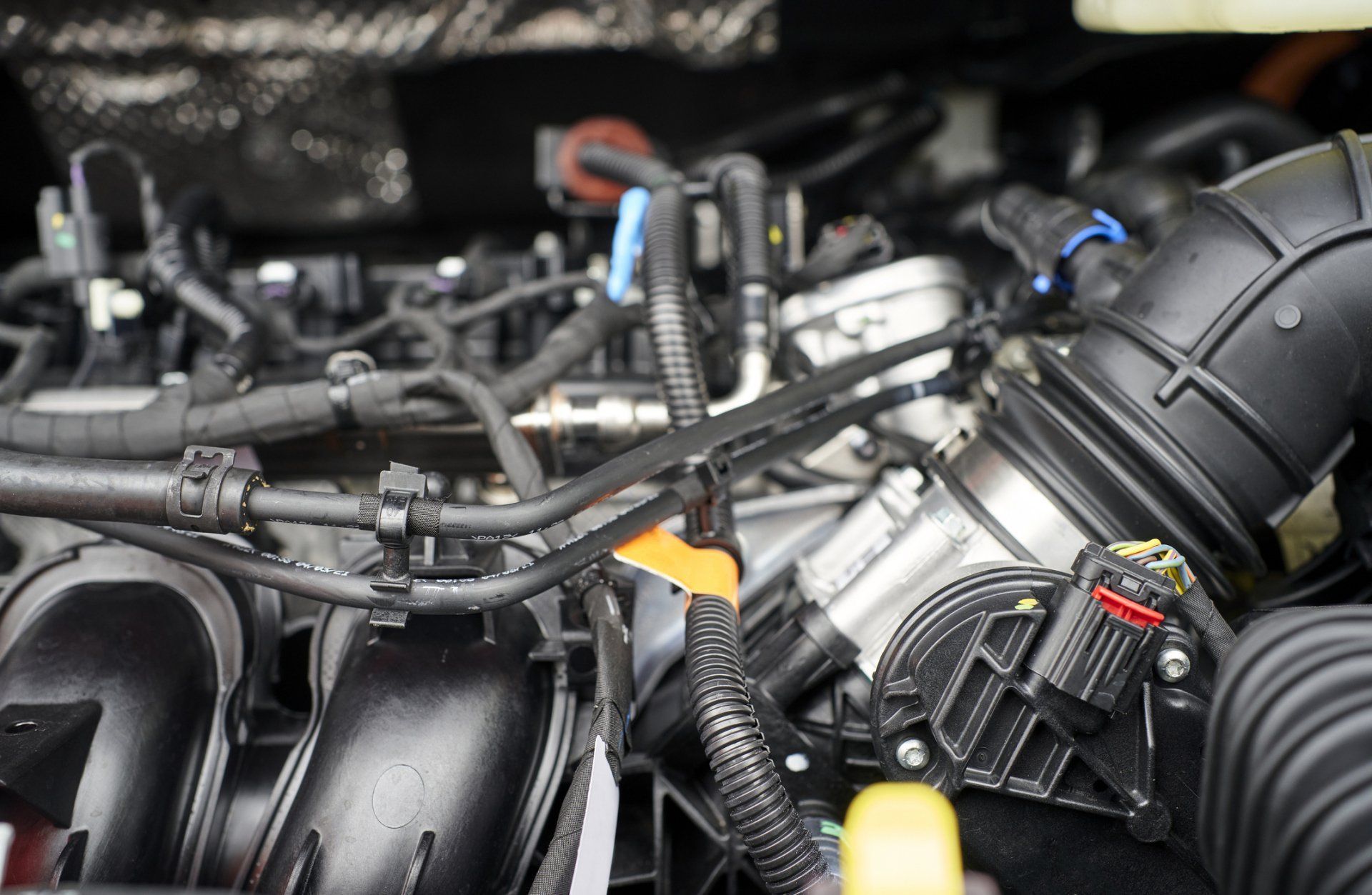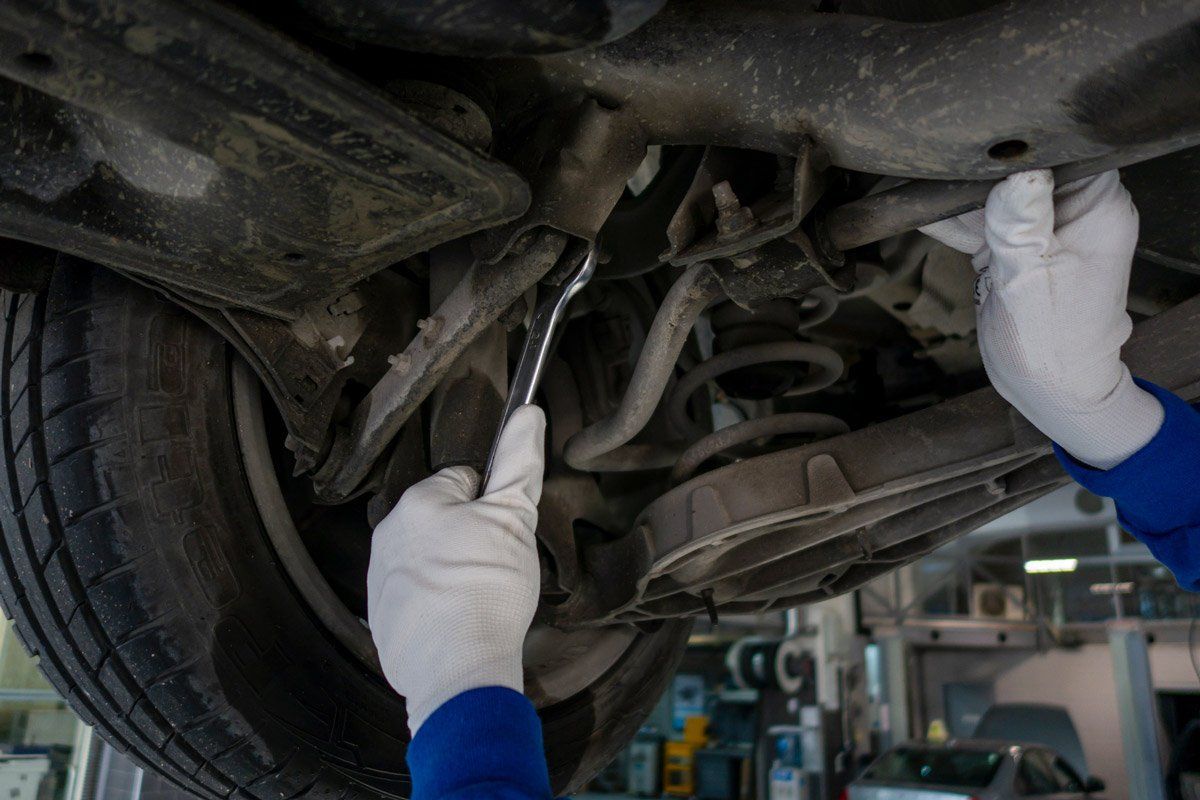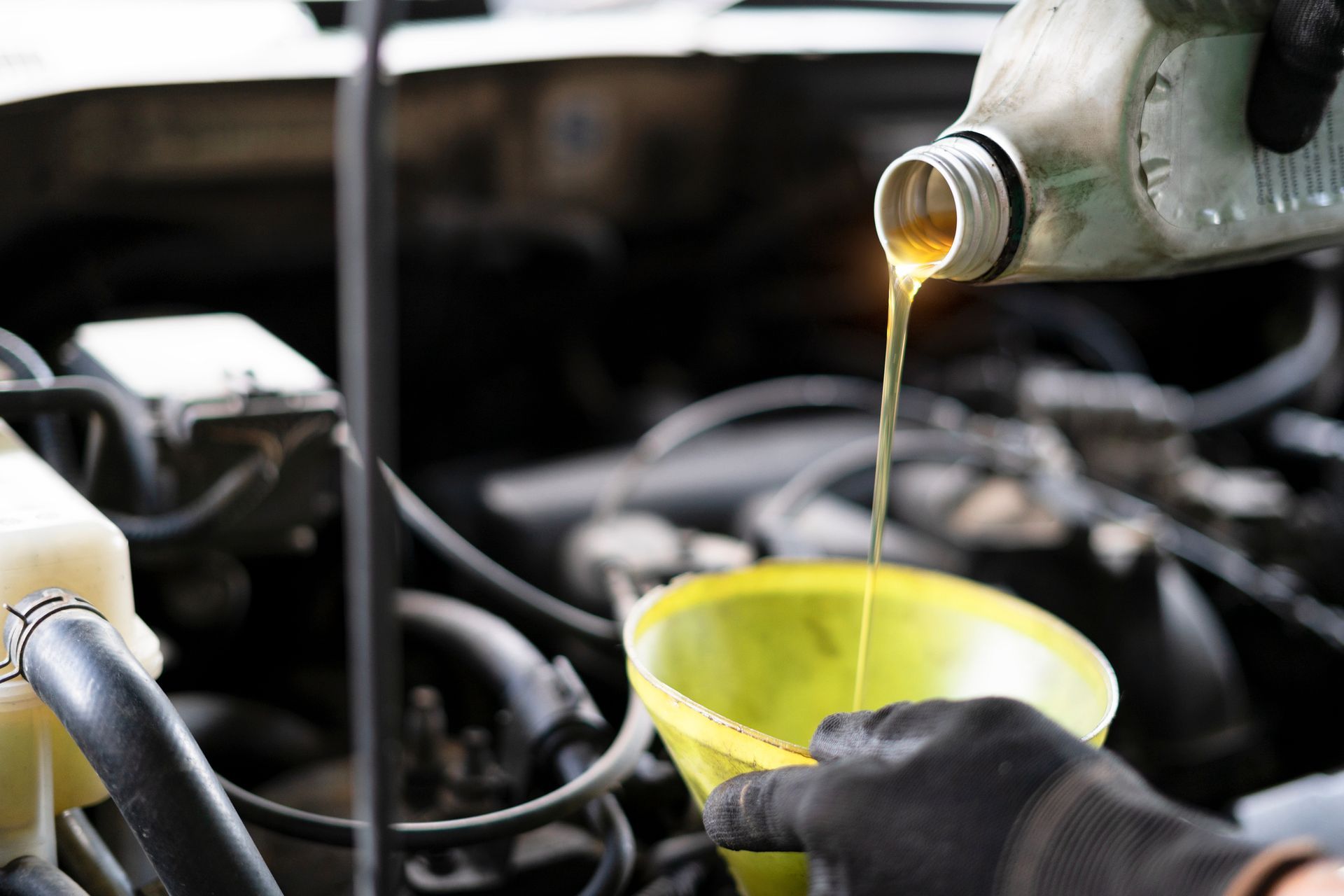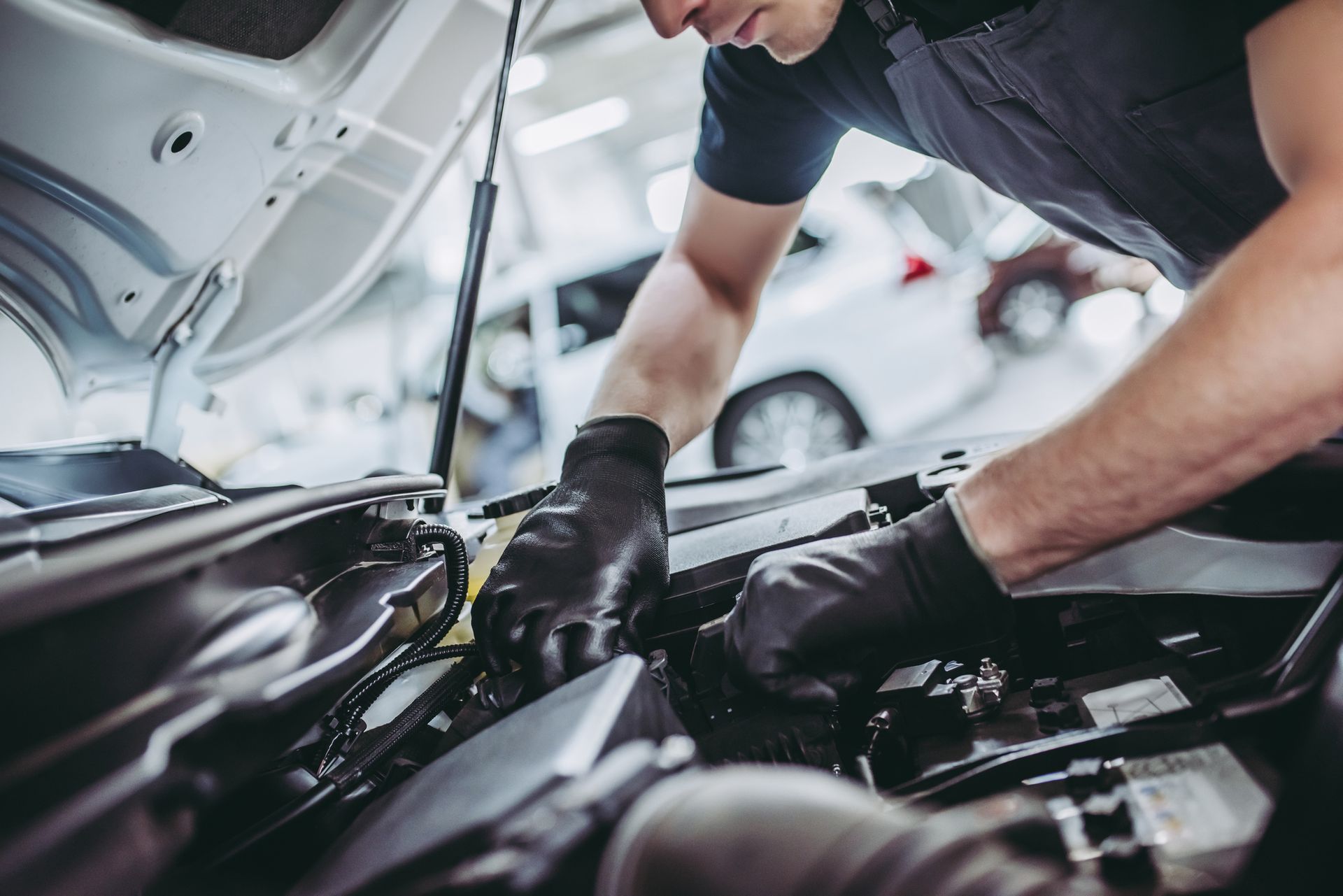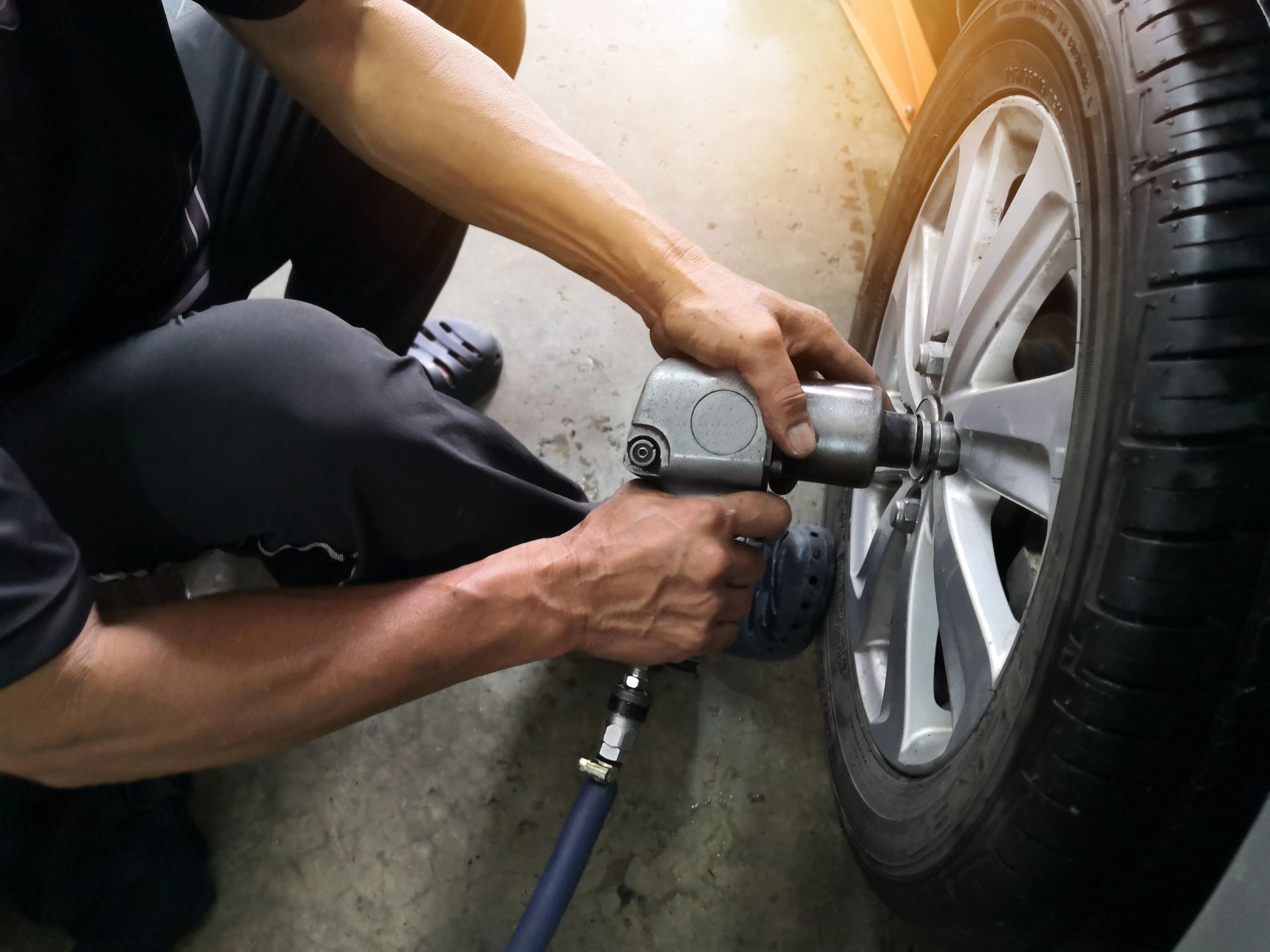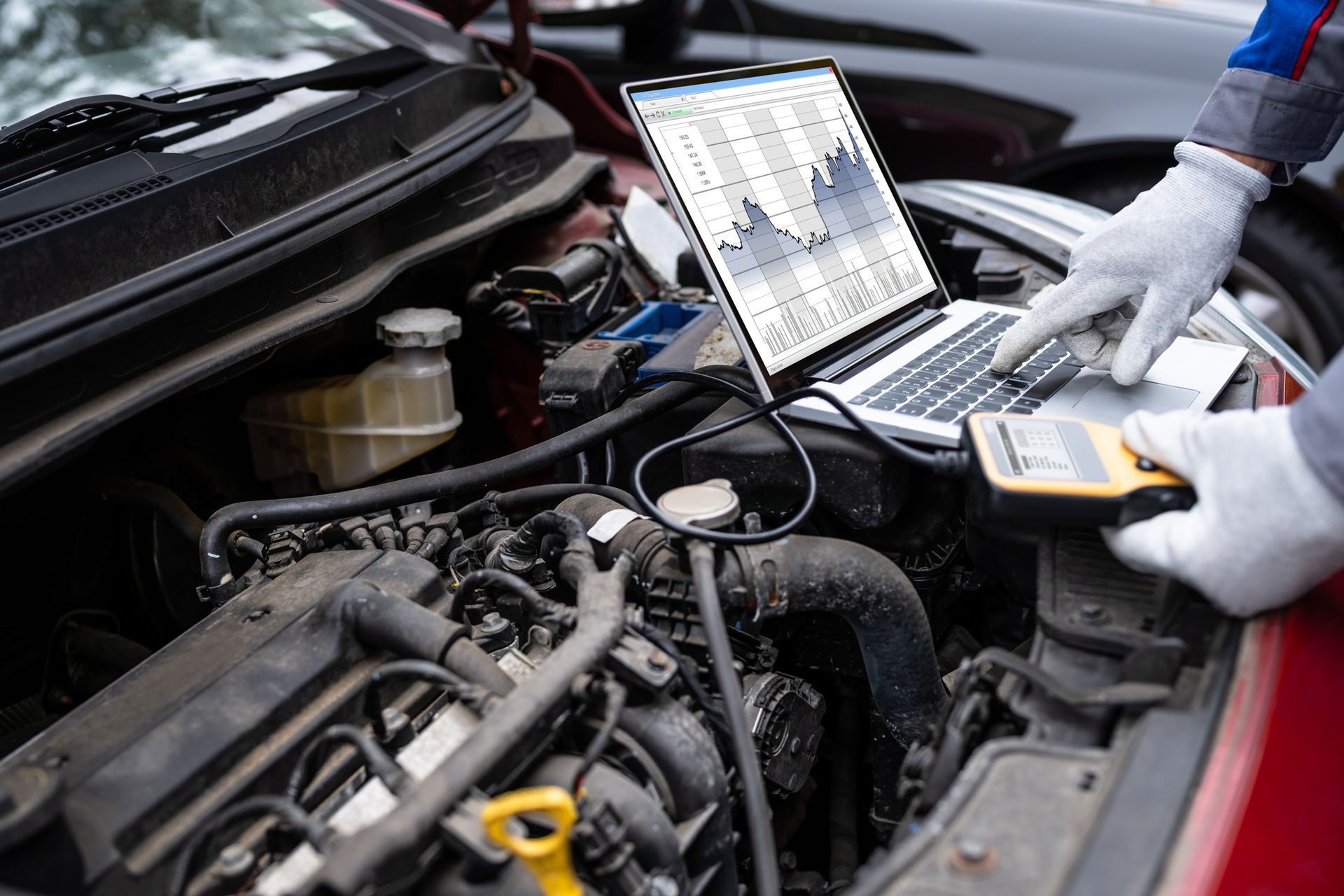Understanding Timing on Distributorless Ignition Systems
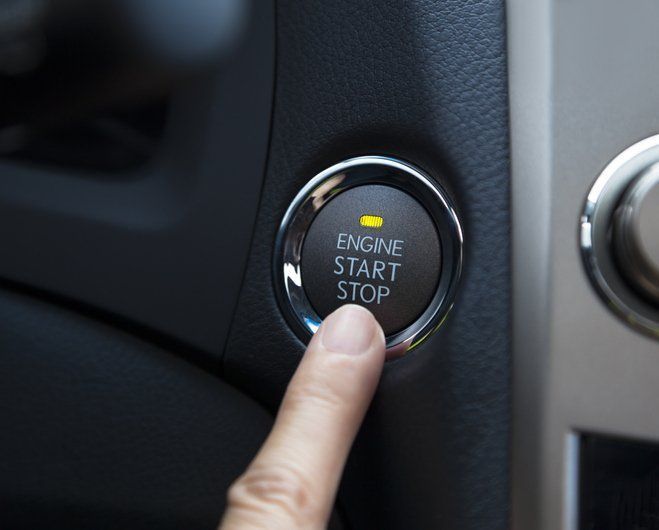
In a simple, ideal combustion engine, the spark plug fires as the piston reaches the top of its travel (top dead center, or TDC) at the beginning of the power stroke. The spark from the plug ignites the mixture of air and fuel in the combustion chamber, pushing the piston down. The amount of time before or after TDC that the spark plug fires is known as the engine's ignition timing.
In complex, real-world applications, however, the ideal moment to fire a spark plug may not be when the piston is TDC. Instead, engine timing systems attempt to account for a variety of driving conditions to ensure that the engine burns fuel thoroughly and efficiently. Older vehicles made use of fully or partially mechanical timing systems, but modern engines use distributorless ignition systems.
The Basics of Distributorless Ignition Systems
Old-style ignition systems used distributors and spark plugs wires. In these designs, a spinning rotor inside the distributor sent high-voltage along individual wires to each spark plug. Over time, the rotor, distributor cap, and cables can all wear out. Recent vehicle designs instead use more reliable and efficient electronically controlled ignition systems.
In a distributorless ignition system, a discrete coil provides voltage to each spark plug. Your car's computer can then determine the precise moment to ignite each cylinder. In addition to providing greater control, this system also removes all moving mechanical components. Without these parts to wear out, distributorless ignition systems tend to be more reliable.
The Need for Precise Timing
Passenger vehicles use four-stroke internal combustion engines, which means that each complete engine cycle requires the piston to travel to the top and bottom of the combustion chamber twice. The spark plug should only fire near the top of the power stroke. Precise spark plug timing provides smooth power delivery, prevents engine damage, and ensures fuel efficiency.
If your spark plug fires too soon, any fuel left in the combustion chamber may spontaneously detonate as the piston compresses it. Detonation can cause severe internal damage, so many modern vehicles include knock sensors to detect this condition. Spark plugs that fire too late will sap power from each stroke, and early ignition may also cause your engine to run rough or hesitate.
Unfortunately, engine timing isn't a problem with a one-size-fits-all solution. The ideal amount of timing advance will vary depending on engine load, temperature, and other factors. Modern ignition systems use data collected from engine sensors and throttle input to choose when to fire each spark plug.
The Signs of Failure
Timing problems on old-style systems could often result in pronounced (and sometimes catastrophic) problems with drivability. Modern engine control units (ECUs) are better able to adapt to individual component failures, advancing or retarding timing to prevent engine damage. Although this helps to save your internal engine components, it doesn't mean that your car's performance won't be affected.
Engine timing issues will typically manifest as poor acceleration, sudden jolts or hesitation when under load, and reduced fuel economy. The specific symptoms that you experience will not necessarily be the result of a failed component, but rather your ECU choosing a conservative timing regime to prevent damage. As a result, tracking down the underlying cause is not always straightforward.
In many cases, timing issues occur due to a sensor reporting bad data. Your ECU relies on a variety of sensors to know the exact speed and position of critical engine components. Without this data, the computer cannot make appropriate timing decisions. Even something as seemingly unrelated as your mass airflow sensor can result in ignition timing issues.
Because of the importance of proper engine timing and the difficulty in diagnosing issues, you should always trust a professional to handle these problems. Letcher Bros. Auto Repair has the experience and know how to deal with the complexities of modern ignition timing systems.
Get in touch with us today to restore your car's power and efficiency!
